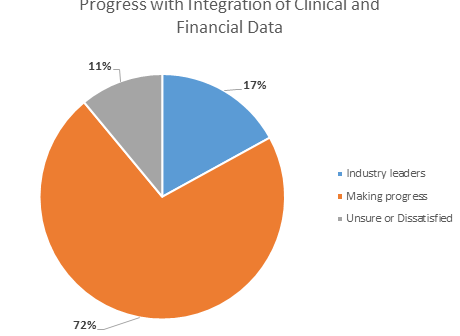
At a time of unprecedented financial challenges – from payment shifts and regulatory mandates to aging populations – our nation’s hospitals are awash in data. Clearly, there is a need for analytics capabilities to make health care more efficient, cost-effective and satisfying to patients and providers alike. In the October







